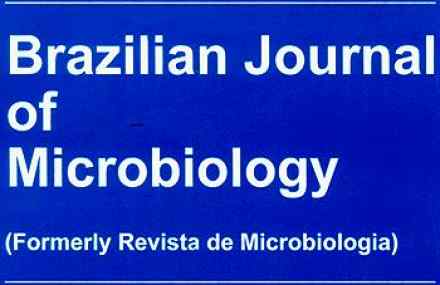BIODEGRADATION OF NAPHTHALENE AND ANTHRACENE BY CHEMO-TACTICALLY ACTIVE RHIZOBACTERIA OF POPULUS DELTOIDES
Brazilian Journal Of Microbiology
BIODEGRADATION OF NAPHTHALENE AND ANTHRACENE BY CHEMO-TACTICALLY ACTIVE RHIZOBACTERIA OF POPULUS DELTOIDES
Autor Correspondente: Piyush Pandey | [email protected]
Palavras-chave: Biodegradation, Chemotaxis, Anthracene, Naphthalene
Resumos Cadastrados
Resumo Inglês:
Several naphthalene and anthracene degrading bacteria were isolated from rhizosphere of Populus
deltoides, which were growing in non-contaminated soil. Among these, four isolates, i.e. Kurthia sp.,
Micrococcus varians, Deinococcus radiodurans and Bacillus circulans utilized chrysene, benzene, toluene
and xylene, in addition to anthracene and naphthalene. Kurthia sp and B. circulans showed positive
chemotactic response for naphthalene and anthracene. The mean growth rate constant (K) of isolates were
found to increase with successive increase in substrate concentration (0.5 to 1.0 mg/50ml). B. circulans
SBA12 and Kurthia SBA4 degraded 87.5% and 86.6% of anthracene while, Kurthia sp. SBA4, B.
circulans SBA12, and M. varians SBA8 degraded 85.3 %, 95.8 % and 86.8 % of naphthalene respectively
after 6 days of incubation as determined by HPLC analysis.

